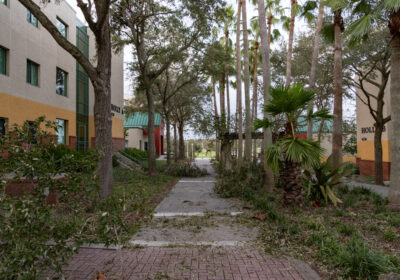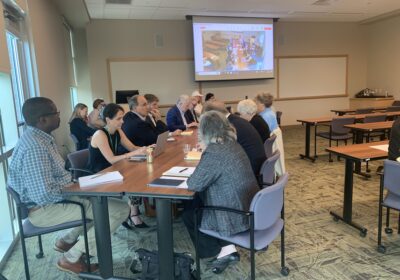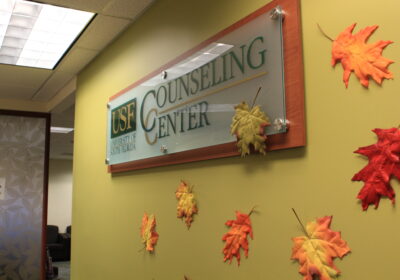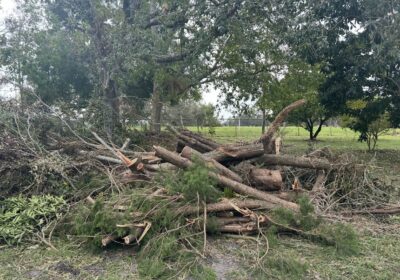USF to formalize policy for missing students
Until a new policy is implemented next spring, USF has no written procedure for reporting a missing student.
Some form of a policy exists, said Dean of Students Kevin Banks. But the University is formalizing the procedures it already follows.
“It’s implemented, it’s just not formalized,” Banks said. “What I have put in the policy is what we have been doing. Now, it’s a matter of (if) we need to fine tune it.”
According to the Higher Education Act of 2008, any higher educational institutes that have on-campus housing are required to provide a missing student policy for residents, said Director of Housing and Residential Education Dorie Paine.
“(The missing student policy) is just a new portion of that, when it was reauthorized last year,” she said. “Certainly having something written that says people should take these kinds of reports seriously and report them can’t hurt anything.”
Paine said she wrote the first draft of the policy and passed it to Banks for revision.
In the last several months, the Dean’s Office has been looking at policies from different schools to determine how to handle a missing student report.
All USF campuses are reviewing the drafted policy, Banks said.
“Some of the feedback I’m getting is ‘should we have specific (procedures) to identify whether the student is a graduate student versus an undergraduate student?’ To me if it’s a student, it’s a student,” he said. “But those are the types of discussions we’re having now.”
Usually, students and faculty call University Police (UP) when a student goes missing, Banks said.
When a missing person report is filed, that individual’s information is entered into the National Crime Information Center, where every agency that has had contact with the missing person will be notified that he or she is missing.
Though the Higher Education Act said an investigation should be initiated after the student has been missing for 24 hours, UP spokeswoman Lt. Meg Ross said UP doesn’t wait that long.
“When we receive a report of a missing person, we don’t ever say wait 24 hours,” she said. “We take the report and immediately enter them in.”
Banks said once UP notifies him that a student is missing, the Dean’s Office investigates the situation.
That investigation includes contacting the student’s parents and determining where he or she may have last been seen, Banks said. Officials look into which organizations the student is involved in and classes in which he or she is enrolled, he said.
Pending approval, the policy will reassure parents who are concerned that their child could go missing, Banks said. Parents will often call him to ask for a “welfare check,” he said.
“Welfare check is when (the parents) haven’t heard from (their) child in a week and want to make sure they’re OK,” Banks said. “I think this (policy) helps close a lot of the loops in terms of the whole education on how we care for our students in the community here at USF.”
At past family orientations, parents have asked about welfare checks. Incoming students and their families will be informed of the new policy at their respective freshman orientation and the information also will be entered into the student handbook, Banks said.
Administrators are in a discussion phase and the Dean’s Office will seek approval of the final draft at the next USF Board of Trustees meeting in December, Banks said.






